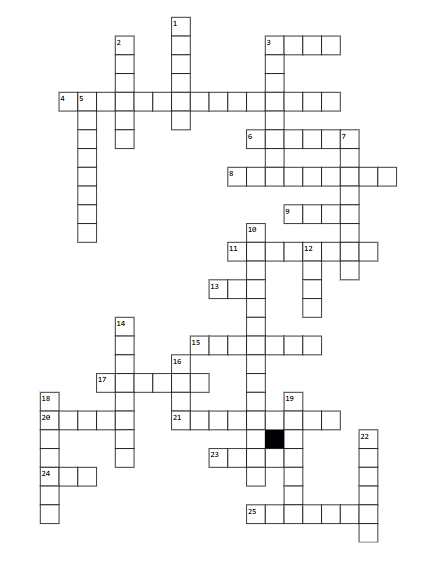We talk a lot about engineering identities at Olin. I would like to offer how I came to find mine. This is not prescriptive nor definitive; I am still grappling with the ways that I shape my identity even as I write this. I offer this because I have had many similar conversations with people at various stages of their identity-forming journey. I am hoping that some of you might read this and relate, or at the very least reflect.
I came to Olin thinking I was going to be a “woman in STEM”. I took all the requisite math and science classes, and I performed well in them. Thanks to my high school engineering program, I could classify fasteners with fluency and talked about how many “thou” off my lathe parts were. This fit with my image of a “woman in STEM”, and I enjoyed it, but it didn’t fully feel like me. I loved my French and English classes and Jane Austen novels. I was drawn to Olin because it proudly proclaimed that Arts, Humanities, and Social Science were centrally important. I was excited that I could be getting a “practical” degree in engineering without letting go of the humanist that I was deep down. I felt validated by the fact that Olin seemed to value this part of me as well.
When I finally came to Olin, I discovered that I might be an oddball. I engaged with ravenous interest in my AHS foundation (Infrastructure Studies) and gave my all to the DesNat play project, but noticed that the people around me largely did the opposite. What I found most fascinating and important to the real work of engineering – understanding the emotional and societal side effects of things we engineer – was seen as “extra” or “easy” by others, and therefore not worth their time. My first year I was in angry tears many times over this mismatch, and over the fact that I could not force myself to be interested in the “real engineering” that I was told we were learning in ModSim and QEA.
I thought that with time and practice, I would develop an interest in technical subjects. I followed a vague inclination into Mechanical Engineering. On a whim, I also enrolled in Architecture and Urbanism. This came to be one of the transformational influences of my Olin career. It was my first taste of Design as an identity. In this seminar-style class, design was presented to me in a way that felt expansive, generous, powerful. It was exactly what I had hoped to get out of my engineering education: a field that provided the connective tissue between behavior and culture and environment and built forms, between complex issues and playful solutions. The focus of the class was ostensibly on architecture and urban design, but the real intention of the class was to make us reflect on our identities. We were frequently invited to place ourselves on various spectra: “critique vs repair” or “wonder vs urgency” or “art vs engineering”. It was in those in-between spaces that I started to find myself.
E:Design was calling to me, but I could not ignore the signals I was getting that this was not a valid choice. Jokes about “fake major” combined with warnings I had received my entire upbringing that I should not turn away from difficult things just because I’m a woman. I thought that being a good feminist meant excelling in traditionally male roles. I had never stopped to ask myself: is that what the world needed me to be, or what I actually wanted to be?
After ArchUrb, I was fully convinced that design was valuable and impactful. The next thing I had to grapple with was the fear that by choosing to pursue something that I had an affinity for I was being lazy, a bad feminist, or failing to repay my debt to my parents. I turned to just about every person who would listen for wisdom on this. Some of the soundest advice I got came from Deb Chachra, who said, “Don’t get good at something you hate.” Eventually, I chose to switch to design.
I might get emotional about this. It is emotionally taxing to be told in so many different ways that you are not valid. That you are naive, idealistic, ideological. I sometimes argue with my peers and myself in order to assert that I am a “real engineer”. The most validating role models I have had are the professors and alumni who lead by example in being absolute badasses in their fields and who hold the “difficult sciences” as equal to the “hard sciences” (to use Deb’s words).
Design, social science, interpersonal communication, are all coded feminine in many contexts. Why are the activities that touch on these fields not “real”? My definition of an engineer is a connector between the realms of social science, culture, human experience, and “technology” in its broadest sense. Don’t tell me that isn’t “hard” because that is the hardest thing of all. It is squishy and vague and resistant to labeling. And it is valuable. You are valuable. Not because of a neat project portfolio, but because you have an Olin education which gives you the unique opportunity to grapple with the slippery, complicated, beautiful interaction between people and what you make. If you feel a curiosity for those things, don’t shut that interest down. Nurture it. Artificial Intelligence will never be able to do it.


